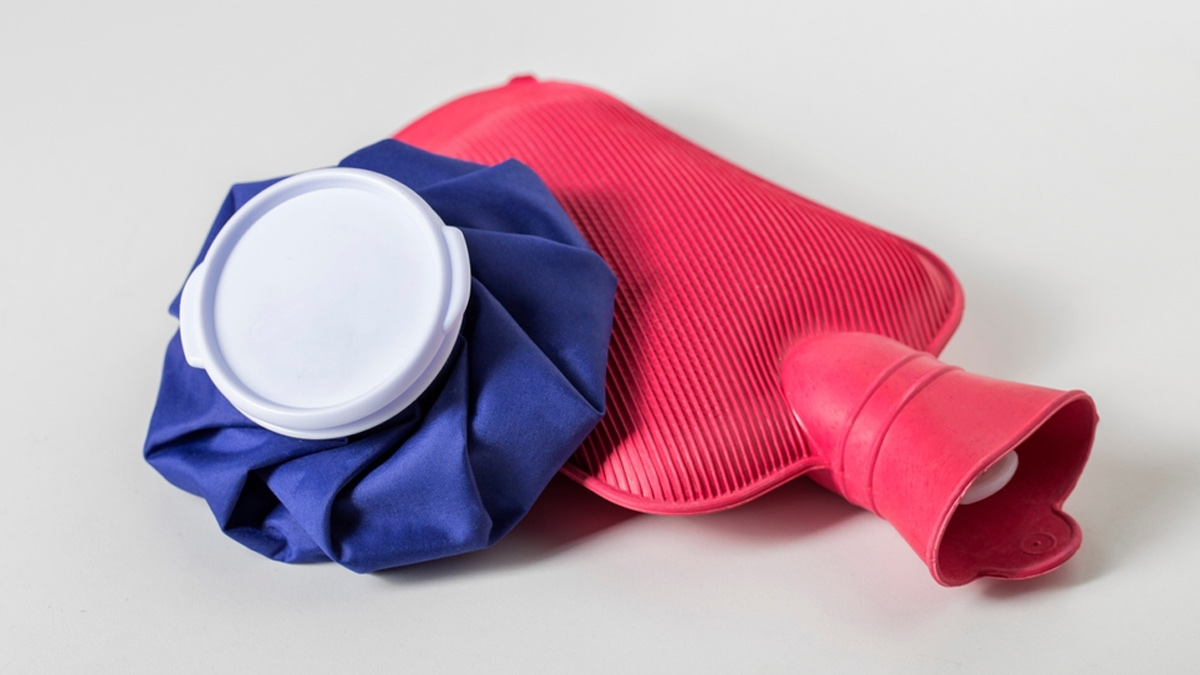
Arthritis can make daily life difficult, often bringing pain, stiffness, and limited movement. Simple tasks like walking upstairs, gardening, or even taking a short walk can feel like a struggle. The discomfort can vary, making each day unpredictable and challenging. However, there are daily habits you can adopt to help manage these symptoms and improve your quality of life. This article will share practical tips to help you live better with arthritis, allowing you to regain control and enjoy a more active lifestyle.
Table of Content:-
According to StatPearls, arthritis is marked by joint inflammation that can be either acute or chronic, often leading to pain and structural damage. There are over 100 recognised types of arthritis, with osteoarthritis being the most common.
Daily Habits for Pain Management and Mobility
Here are some practical strategies to enhance your quality of life while living with arthritis.
1. Stay Active with Gentle Exercise

Exercise is vital for managing arthritis. While it might seem counterintuitive, staying active can help reduce pain and improve joint function. Low-impact exercises like walking, swimming, and cycling are excellent options. These activities strengthen muscles around the joints without putting too much strain on them.
Incorporating stretching and flexibility exercises into your routine can also be beneficial. Yoga and tai chi promote relaxation and improve balance, which can help prevent falls and injuries. The Arthritis Foundation recommends engaging in at least 150 minutes of moderate-intensity aerobic activity each week.
2. Maintain a Healthy Weight
Excess weight can put additional stress on joints, especially those in the lower body, such as the knees and hips. According to the Arthritis Foundation, in the United States, approximately 23% of individuals who are overweight and 31% of those with obesity are diagnosed with arthritis. This highlights a significant connection between body weight and the prevalence of arthritis, suggesting that excess weight can increase the risk of developing this joint condition.
Maintaining a healthy weight through balanced nutrition and regular exercise can alleviate some of this pressure and help manage arthritis symptoms. A diet rich in fruits, vegetables, whole grains, and lean proteins supports overall health and weight management.
Also Read: Fish Oil For Arthritis: Here's How It Can Help You Manage This Condition
3. Use Heat and Cold Therapy

According to the Arthritis Foundation, heat therapy increases blood flow to painful joints, relaxes tight muscles, and helps remove waste products from the body. On the other hand, cold therapy reduces blood flow to decrease swelling, slows down the transmission of pain signals through the nerves, and inhibits inflammatory substances.
Cold therapy is particularly effective for managing pain and swelling after exercise, during flare-ups, or in the first 48 to 72 hours following an injury. After that, alternating between hot and cold packs or warm and cold soaks, switching every 10 minutes can provide additional relief.
4. Practice Mindfulness and Stress Management
Chronic pain can take a toll on mental well-being, leading to increased stress and anxiety. Incorporating mindfulness practices, such as meditation or deep breathing exercises, can help manage stress levels and improve your emotional resilience. Regular mindfulness practice has been shown to enhance pain management in individuals with chronic conditions, including arthritis.
Also Read: Soothing Solutions: How Hot Baths Can Aid in Dealing with Arthritis
5. Prioritise Sleep

Sleep disturbances are common among those with arthritis, as pain can interfere with restful sleep. Establishing a bedtime routine that promotes relaxation can improve sleep quality. Therefore, consider creating a calming environment by dimming lights, reducing noise, and keeping your bedroom at a comfortable temperature.
If you struggle with sleep, consult your healthcare provider about potential solutions. They may recommend lifestyle changes, sleep aids, or specific treatments to help manage pain during the night.
6. Stay Hydrated
Hydration plays a significant role in overall health and joint function. Drinking plenty of water can help maintain joint lubrication and reduce inflammation. Aim for at least eight glasses of water daily, and more if you're active or in a hot environment.
[Disclaimer: This article contains information for informational purposes only, hence, we advise you to consult your own professional if you are dealing with any health issues to avoid complications.]
Also watch this video
Read Next
World Spine Day 2024: How To Improve Posture And Reduce Back Pain? Doctor Shares Tips For Spine Care
How we keep this article up to date:
We work with experts and keep a close eye on the latest in health and wellness. Whenever there is a new research or helpful information, we update our articles with accurate and useful advice.
Current Version